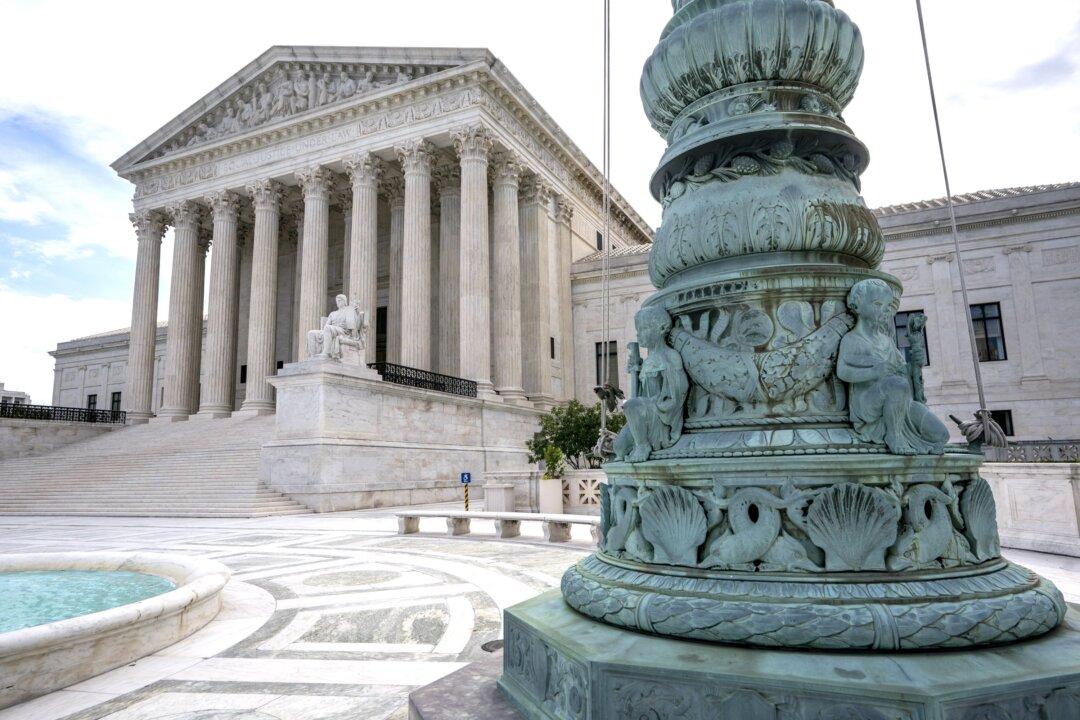The Supreme Court summarily denied a request by Montana’s Republican secretary of state to put Green Party candidates back on state ballots for the Nov. 3 election, a move that could affect the hotly contested race for the U.S. Senate and down-ballot contests.
In post mortems of the 2016 presidential election, Green Candidate Jill Stein was believed to have cost Hillary Clinton wins in Pennsylvania, Wisconsin, and Michigan by drawing voters who would otherwise have gone Democrat.





